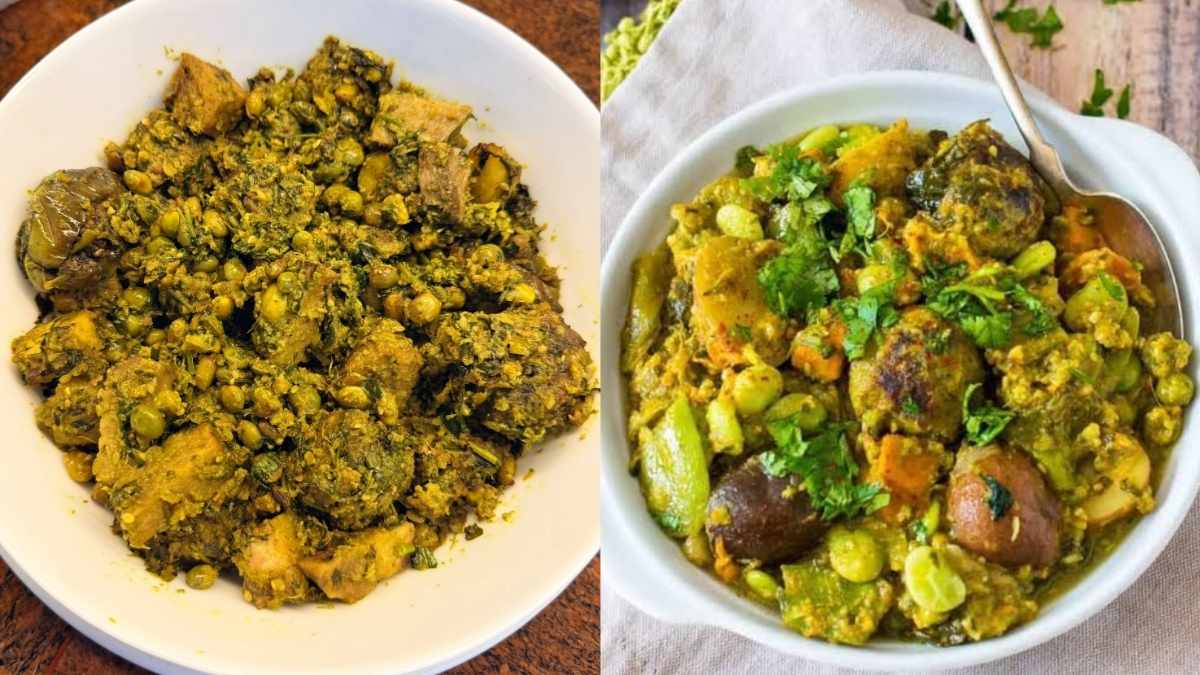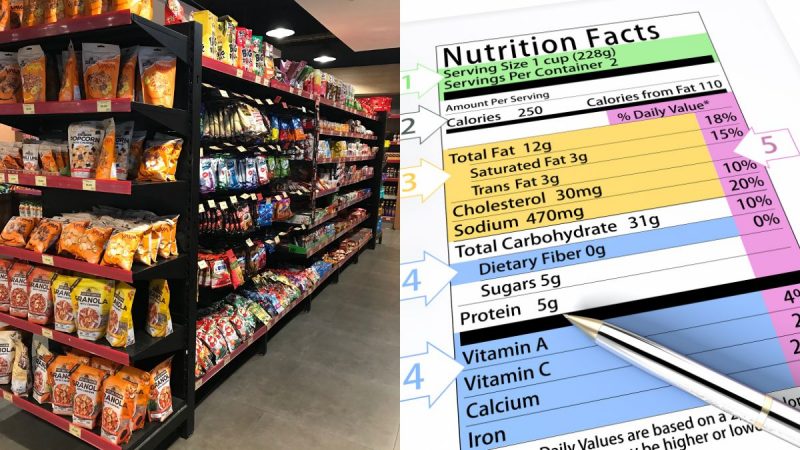Nutrition Advocacy in Public Interest (NAPi), a leading voice on food policy in India, is urging celebrities to check nutrition value before endorsing food and beverage products. In an open letter to advertisement and PR agencies, NAPi highlights the prevalence of misleading food advertisements and the role celebrities play in promoting unhealthy choices.
Check Nutrition Value Before Endorsing

As per reports by CNBC TV18, their concern stems from a recent report, “50 Shades of Food Advertising,” which analysed 50 advertisements across various food categories. The study found a disturbing trend: all the advertisements examined concealed crucial information about sugar, salt, and fat content.
NAPi argues that promoting unhealthy products, often high in these “nutrients of concern,” is directly linked to a rise in obesity, diabetes, heart disease, and even cancer. They point out that government dietary guidelines, like the ICMR-NIN Dietary Guidelines for Indians, clearly define thresholds for these nutrients.
The open letter emphasises that endorsing products exceeding these limits could be misleading consumers. NAPi cites the Consumer Protection Act, 2019, which defines “misleading advertisement” as one that deliberately conceals important information. Additionally, they reference the Advertising Code, which prohibits advertisements that endanger children or promote unhealthy practises.
Food Safety And Standards Act

The report also exposes a weakness in the legal framework. The Food Safety and Standards Act (FSS), 2006, lacks an objective definition of “misleading advertisement” based on nutrient content. This, according to NAPi, allows misleading advertisements to persist for years without consequence.
The study also sheds light on the marketing tactics employed by these companies. It reveals that a significant portion of the advertisements (22 out of 50) rely on emotional appeals like romance, family bonding, or even fear of ill health, to influence consumer decisions. Additionally, 23 out of 50 advertisements leverage celebrity endorsements to push their products.
Popular brands across categories like confectionery, beverages, dairy products, and ready-to-eat meals are all named in the report. ITC’s B Natural, HUL’s Kissan, Dabur’s Real, Amul, PepsiCo, and Coca-Cola are just a few examples.
NAPi’s call to action is clear: celebrities and the advertising industry have a social responsibility to promote informed choices. By endorsing unhealthy products and concealing crucial nutritional information, they inadvertently contribute to a public health crisis. With stricter regulations and a shift in celebrity endorsement practises, perhaps consumers can make healthier choices based on accurate information, not just emotional appeal or celebrity influence.
Cover Image Courtesy: Canva (Representative Image)
For more such snackable content, interesting discoveries and the latest updates on food, travel and experiences in your city, download the Curly Tales App. Download HERE. First Published: July 12, 2024 4:04 PM




